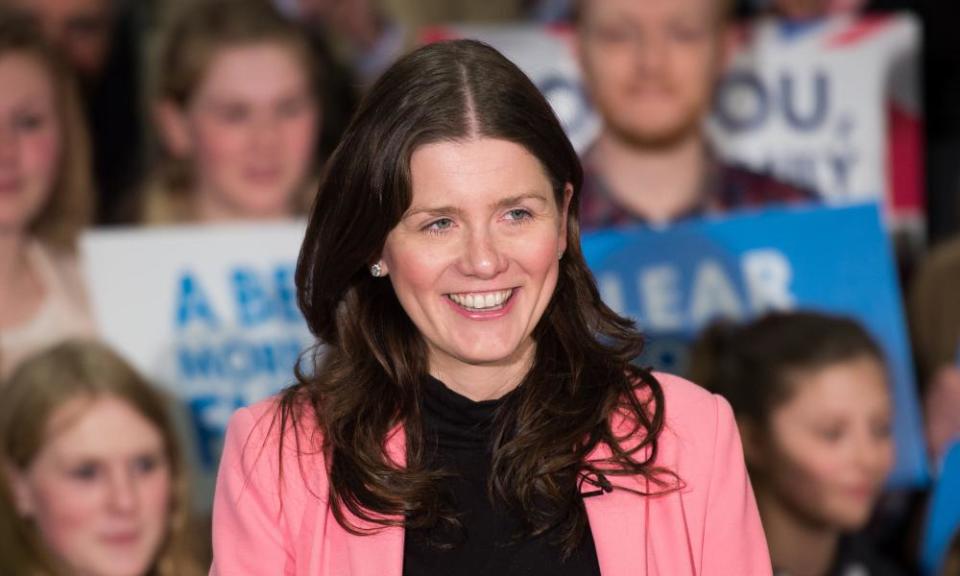Minister lambasts English universities for letting down students

The 20-year crusade to get more young people into higher education appears at an end, after the universities minister accused England’s universities of “taking advantage” of students with dumbed-down courses that left them saddled with debt.
In a significant shift in policy, Michelle Donelan declared it was time to “think again” about the government’s use of higher education to boost social mobility.
“Since 2004, there has been too much focus on getting students through the door, and not enough focus on how many drop out, or how many go on to graduate jobs. Too many have been misled by the expansion of popular-sounding courses with no real demand from the labour market,” Donelan said.
Related: Ministers may move university applications to after A-level results
“Quite frankly, our young people have been taken advantage of, particularly those without a family history of going to university. Instead some have been left with the debt of an investment that didn’t pay off in any sense.
“And too many universities have felt pressured to dumb down – either when admitting students, or in the standards of their courses. We have seen this with grade inflation and it has to stop.”
The minister’s comments came as the government is to offer new policies on skills and qualifications for school-leavers in England, rebalancing away from universities and emphasising social mobility through skilled, well-paid jobs earned through further education and apprenticeships.
A white paper on further education is to be announced later this month, along with a green paper on higher education that will limit courses where a high percentage of students drop out or where few go on to graduate-level employment.
Those close to the government said the rebalancing effort brings to an end policies promoted since the late 1990s, including Tony Blair’s famous pledge for half of all young people to go on to higher education.
“For decades we’ve been recruiting too many young people on to courses that do nothing to improve their life chances or help with their career goals,” Donelan said.
The new policy aims to have universities spend access funds on raising standards in schools rather than “marketing”. Donelan pointedly praised Kings College London and Exeter universities for supporting specialist sixth form colleges.
Donelan’s comments appeared to repudiate her own government’s guidance to the Office for Students, the higher education regulator for England. Asked about the use of contextual admissions by universities to help under-represented groups gain entry, Donelan said: “To be frank, we don’t help disadvantaged students by levelling down, we help by levelling up.”
Donelan’s speech came at the launch of a new national effort to help disadvantaged students affected by Covid-19 apply to university, backed by the National Education Opportunities Network (Neon).
Graeme Atherton, Neon’s director, said: “The government’s own evidence still shows that going to university brings economic and social benefits for the vast majority of students – from all backgrounds, but sometimes these benefits are apparent only over the long term.
“It is not true that widening access work has taken advantage of young people, rather it has transformed thousands of lives over the last 20 years.”
Related: Universities urged to close 'degree gap' between black and white students
Jo Grady, general secretary of the University and College Union, said the government’s obsession with graduate earnings is a worrying signal.
“Instead of making the case for education, the minister appears to be trying to turn some students off university by saying it is expensive and substandard. Universities using contextual data to increase opportunity for students from the poorest backgrounds should be applauded,” Grady said.
“For the minister to say students have been left indebted and let down is quite remarkable when the Conservatives are responsible for increasing tuition fee debt and letting the private sector squeeze more and more money out of higher education.”
Chris Hale, director of policy at Universities UK, said official data showed that a university degree gave a significant boost to a career prospects, as graduates earned about £9,000 more a year than those without a degree.

 Yahoo News
Yahoo News 